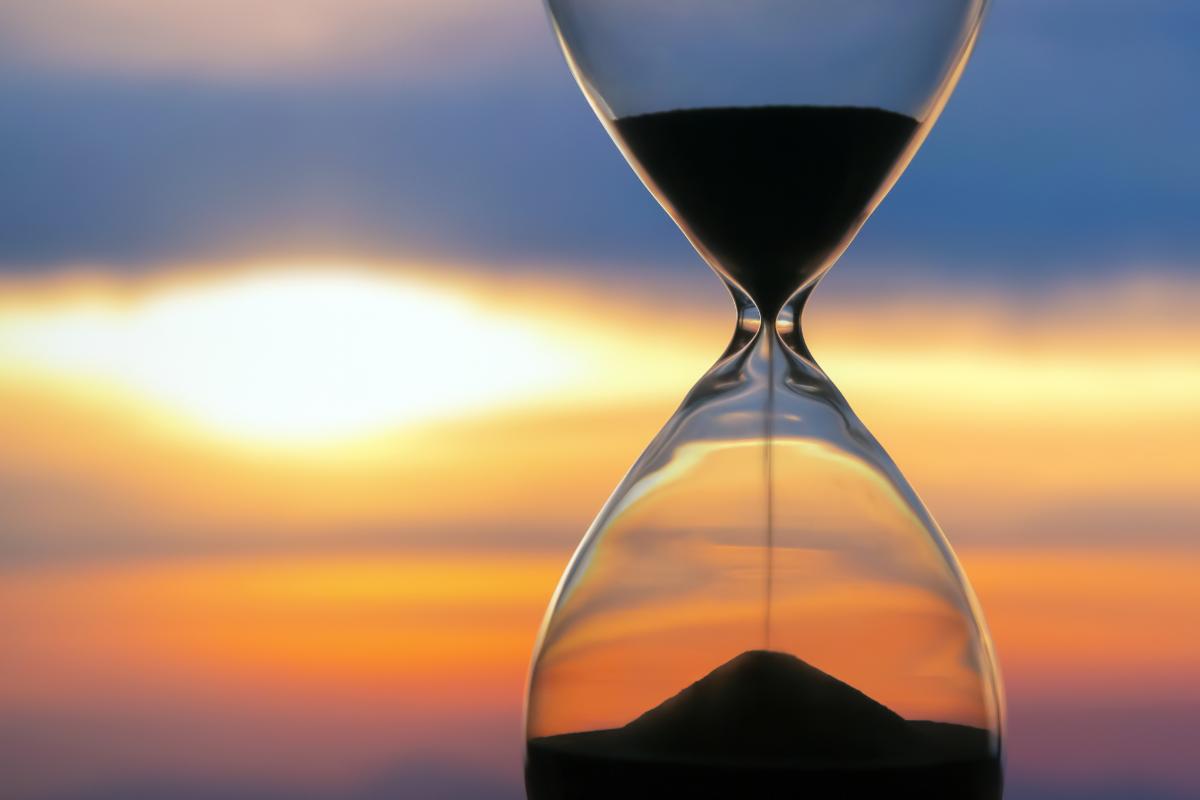Choosing to quit drinking can be a life-changing decision, especially when someone suffers from alcohol abuse or addiction. As is the case with all addictive substances, the downside of quitting is that you will likely experience withdrawal symptoms. These symptoms can range from mild to moderate to severe, depending on your history of alcohol consumption. In the most severe cases of alcohol addiction, withdrawal symptoms can become life-threatening. Detoxing from alcohol can be challenging, but you do not have to do it alone. The alcohol detox center at Westwind Recovery® offers clients a comfortable and welcoming environment where you can safely detox from alcohol with 24-hour medical and clinical supervision and support.
America has one of the lowest alcohol use rates per capita but a higher alcohol abuse rate among first-world countries. Westwind Recovery® is dedicated to helping every person we can to overcome alcohol use disorders (AUD). To learn how we can help you or your loved one, reach out by using our online form or calling 855.340.8832.
A Look at the Alcohol Detox Timeline
Alcohol plays a prominent role in American culture. Whether celebrating or commiserating, Americans turn to alcohol. Behind nicotine, alcohol is the most commonly abused substance in our nation. That alcohol is legal and its consumption socially acceptable in almost all situations has led to Americans developing a distinctly unhealthy relationship with alcohol that begins at an early age.
With any type of addiction, the first step to recovery is admitting that there is a problem. For most, the next most significant hurdle is overcoming the fear of withdrawal symptoms. While many people who suffer from addiction live in denial, many others recognize their problem and make repeated attempts to overcome their addiction by trying to taper down their use or stop “cold turkey.” The physical and psychological symptoms of withdrawal usually result in a return to substance use.
At Westwind Recovery®, we understand that knowing what to expect from the detox process helps to alleviate fears and makes clients more open to the process. It is important to remember that the detox process is unique to each individual and dependent upon your personal history. That said, the following is a general timeline for alcohol detox:
- Six hours from the last drink (mild) – For most, this is considered a “hangover,” where symptoms can include headache, dehydration, sweating, increased heart rate, and anxiety.
- 12 to 48 hours from the last drink (moderate) – Mild symptoms continue, with the addition of rapid or abnormal breathing, increased blood pressure, confusion, and mild hypothermia. Seizures may occur at this time for those with severe addiction.
- 72 hours from the last drink (severe) – Moderate symptoms continue, including possible seizures, delirium tremens (DTs), auditory or visual hallucinations, and disorientation.
Without treatment from a professional alcohol detox center, some people can rapidly progress through these stages, posing threats to their health. The dangers of the alcohol detox process are compounded when individuals are addicted to other substances or have co-occurring mental health disorders.
Factors That Influence How Long It Takes to Detox from Alcohol
The severity of alcohol withdrawal symptoms and the length of time it will take you to detox from alcohol depend upon several personal factors such as:
- How long you have abused alcohol
- How much you consume at one time
- Your age
- Your medical and mental health history
- Other drug abuse history
- Abnormal liver function
- Comorbid illnesses
In general, the more you have drunk and the longer you have, the more likely you are to have severe alcohol withdrawal symptoms. The best way to manage alcohol withdrawal is to seek professional help.
Get the Help You Need at the Westwind Recovery® Alcohol Detox Center
Although the prevalence of AUD is high, many people can drink responsibly. A common phrase used to determine whether or not alcohol use is problematic is: alcohol is a problem when it is causing problems. If your alcohol use disrupts your everyday life, you should consider getting help from professionals who understand your needs.
Westwind Recovery® provides treatment options designed to meet the needs of anyone who chooses to seek help from addiction. If you are ready to overcome your alcohol addiction, call us at 855.340.8832.

Dr. Deena is the Chief Clinical Officer of Westwind Recovery®, an award-winning outpatient treatment center in Los Angeles where she oversees the clinical and administrative program and treatment methods. Dr. Deena is a doctor of psychology and licensed clinical social worker since 1993. LCSW #20628. Originally from the East Coast, Dr. Deena has worked running treatment centers, worked as a therapist in psychiatric hospitals as well as school settings and currently has a thriving private practice in the LA area. Dr. Deena has appeared regularly on the Dr. Phil Show as an expert since 2003. She has also been featured on many other TV shows, podcasts and has contributed to written publications as well as podcasts.



